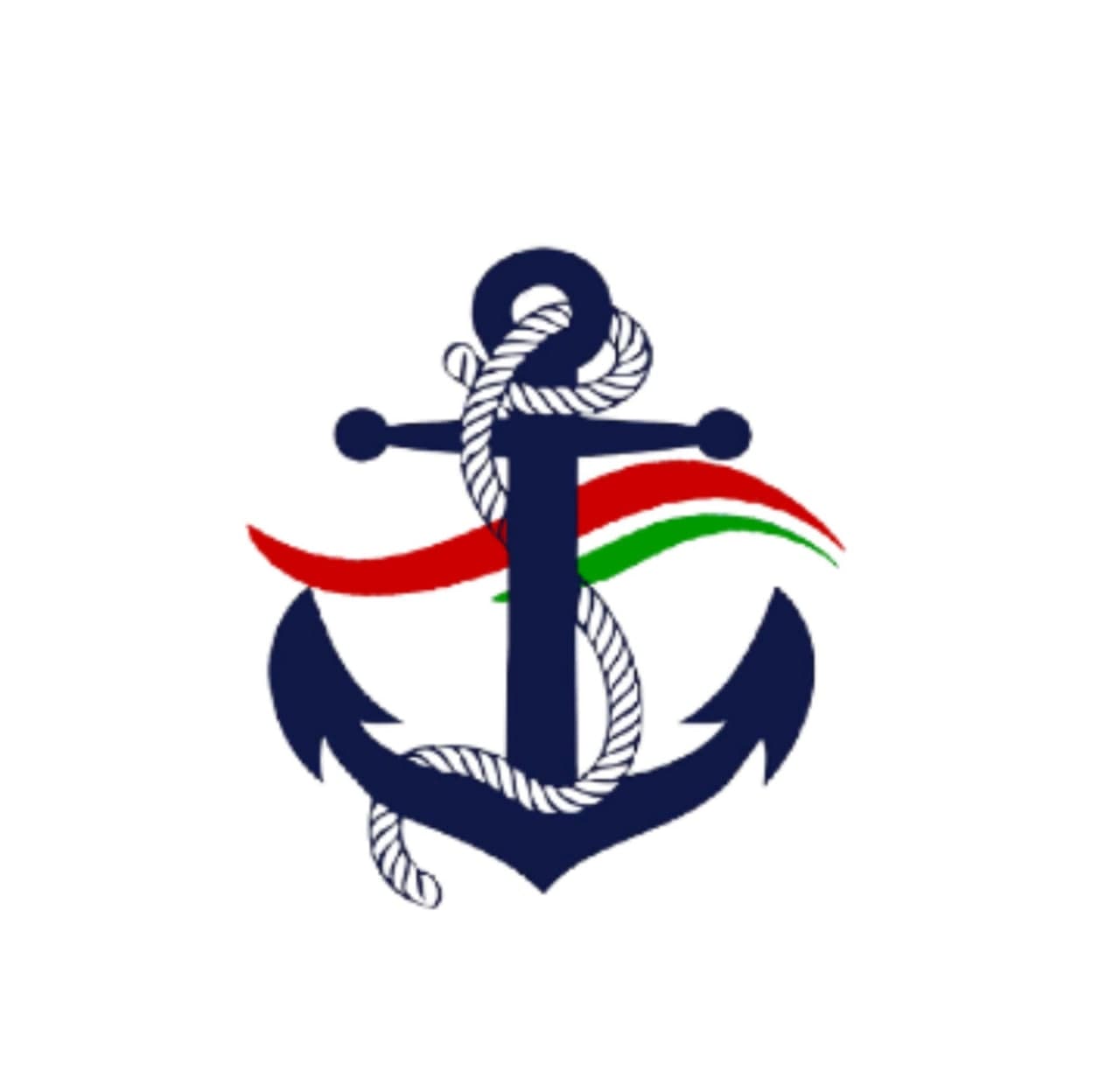A major international project that will help reduce marine plastic litter from maritime transport and fishing sectors is up for a successful start, after getting 30 countries on board.
Five regions will be represented in this project: Asia, Africa, the Caribbean, Latin America and the Pacific.
The GloLitter Partnerships Project aims at preventing and reducing plastic waste discharged from ships. The project is implemented by the International Maritime Organization (IMO) and the Food and Agriculture Organization of the United Nations (FAO), with initial funding from the Government of Norway via the Norwegian Agency for Development Cooperation (Norad).
The agreement on the GloLitter Partnerships Project was signed on December 5, 2019 by IMO Secretary General Kitak Lim and Norwegian Ambassador to Great Britain and Northern Ireland Wegger Christian Strommen.
Plastic litter has devastating effects on our oceans, marine life and human health. It also has measurable impacts on the fishing and shipping industries.
Ten countries have been confirmed as Lead Partnering Countries and a further twenty countries have been selected as Partnering Countries of the GloLitter Partnerships Project.
The 10 Lead Partnering Countries are: Brazil, Costa Rica, Cote d’Ivoire, India, Indonesia, Jamaica, Kenya, Madagascar, Nigeria and Vanuatu.
The 20 Partnering Countries are: Argentina, Cabo Verde, Columbia, Ecuador, Gambia, Mozambique, Nicaragua, Panama, Peru, Philippines, Senegal, Sri Lanka, Solomon Islands, Sudan, United Republic of Tanzania, Thailand, Timor-Leste, Togo, Tonga and Viet Nam.
The GloLitter Partnerships project will develop guidelines, training materials and tools to ensure compliance with regulations, including Annex V to the IMO Convention on the Prevention of Pollution from Ships (MARPOL). Since 1988, this provision has prohibited the dumping of plastic products, including discarded fishing gear from ships.
The project will facilitate the establishment of public-private partnerships to spur the development of cost-effective management solutions for marine plastic litter, including examining how to decrease the use of plastics in these industries and looking at opportunities to re-use and recycle plastics.
Source: https://www.imo.org/en/MediaCentre/PressBriefings/pages/GloLitter-Project-30-countries.aspx

 English
English  Русский
Русский  Беларуская мова
Беларуская мова